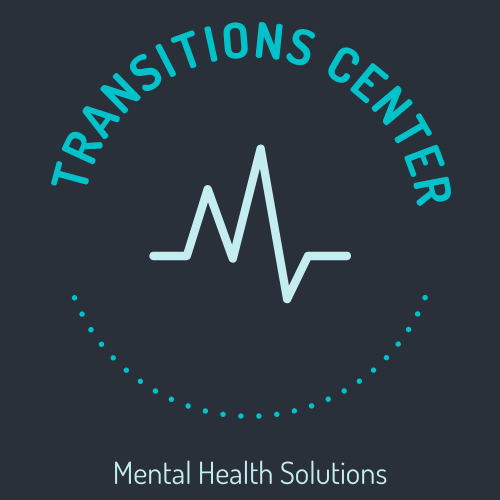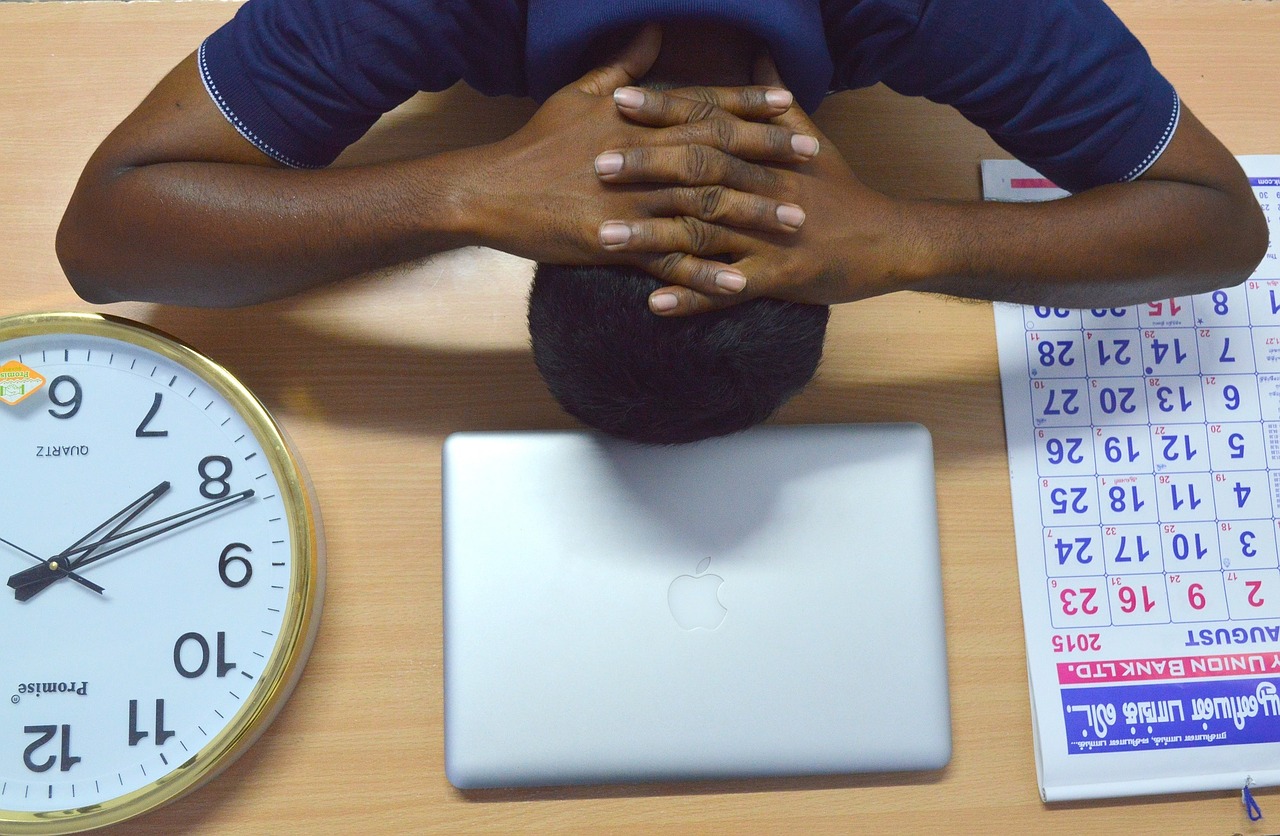Music is a powerful tool that has been used for centuries to heal and soothe the mind, body, and soul. From lullabies sung to infants, to tribal drumming used in traditional healing practices, music has played an integral role in promoting mental health and well-being.
Recent research has shown that music can have a profound impact on the brain, reducing stress, promoting relaxation, and improving mood. In fact, music has been used as a therapeutic intervention for a variety of mental health issues, including depression, anxiety, and post-traumatic stress disorder (PTSD).
In this article, we will explore the science behind the healing power of music and its role in mental health. We will examine the ways in which music affects the brain and how it can be used to manage stress and anxiety, as well as to treat depression and mood disorders. We will also explore the use of music in treating trauma and PTSD, and how it can be used to promote mindfulness and meditation.
Furthermore, we will discuss ways in which music can be incorporated into daily life as part of a mental health routine. Finally, we will address the challenges and limitations of using music for mental health, and explore how music can be used in conjunction with other forms of treatment to provide comprehensive care.
By the end of this article, you will have a deeper understanding of the power of music as a tool for promoting mental health, and the ways in which it can be used to support overall well-being.
How Music Affects Mental Health
Music can have a profound impact on mental health by affecting various areas of the brain involved in emotions, mood, and cognition. When we listen to music, it stimulates the release of dopamine, a neurotransmitter associated with pleasure and reward, which can improve mood and alleviate feelings of stress and anxiety.
Moreover, music can also help regulate heart rate and breathing, leading to a decrease in physiological symptoms of stress and anxiety. The rhythms and melodies of music can also stimulate the brain’s auditory cortex, creating a distraction from negative thoughts or emotions and promoting relaxation.
Studies have shown that listening to music can be a useful coping strategy for people experiencing mental health issues. In some cases, it can even reduce the need for medication. However, the effects of music on mental health can vary depending on the individual’s personal preferences and the type of music they listen to.
The Science Behind The Healing Power Of Music
Research has shown that music can have a profound impact on the brain and body, promoting relaxation, reducing stress, and improving mood. Music has been found to activate the reward center of the brain, releasing dopamine and other “feel-good” chemicals associated with pleasure and happiness.
Moreover, the rhythms and melodies of music can also stimulate the brain’s auditory cortex, promoting relaxation and alleviating symptoms of stress and anxiety. Listening to music can also help regulate heart rate and breathing, leading to a decrease in physiological symptoms of stress and anxiety.
Music therapy, a form of treatment that uses music to address physical, emotional, cognitive, and social needs, has also been found to be effective in treating a variety of mental health issues. It can be used to treat depression, anxiety, PTSD, and other mood disorders. Music therapy can also help improve communication, build social skills, and promote emotional expression.
Recent studies have also shown that music can affect brain wave activity and stimulate neural networks associated with attention, memory, and learning. This suggests that music can be used to promote cognitive function and enhance brain plasticity, making it a valuable tool in promoting mental health and overall well-being.
Using Music For Stress Relief And Anxiety Management
Music can be a powerful tool for managing stress and anxiety. When we listen to music, it can promote relaxation by reducing physiological symptoms of stress, such as elevated heart rate and blood pressure. Music can also distract us from negative thoughts and emotions, providing a sense of calm and tranquility.
Research has shown that slow, soothing music can be particularly effective for promoting relaxation and reducing anxiety. This type of music has a low tempo and a smooth, flowing melody, creating a sense of peace and calm.
Listening to music before or during a stressful situation, such as a job interview or a medical procedure, can also help reduce anxiety and improve mood. Studies have found that music can lower cortisol levels, a stress hormone, and promote the release of endorphins, natural painkillers and mood elevators.
In addition to listening to music, playing an instrument or singing can also be an effective stress-relief tool. These activities can be a form of self-expression and creative outlet, allowing individuals to channel their emotions and alleviate feelings of stress and anxiety.
Overall, incorporating music into a daily routine can be a valuable strategy for managing stress and anxiety, promoting relaxation, and supporting overall mental health and well-being.
Music Therapy For Depression And Mood Disorders
Music therapy has been found to be an effective treatment for depression and mood disorders. Studies have shown that music therapy can improve mood, decrease symptoms of depression, and enhance overall quality of life.
In music therapy sessions, a trained music therapist works with individuals to develop personalized music interventions that can be used to address specific emotional and cognitive needs. These interventions can include listening to music, singing, playing instruments, and composing music.
Music therapy can also help individuals build coping skills, improve self-esteem, and foster a sense of connectedness and social support. It has been found to be particularly effective for individuals who have difficulty expressing themselves verbally, as music can provide a form of nonverbal communication and emotional expression.
Music therapy has been used to treat a variety of mood disorders, including depression, bipolar disorder, and anxiety. In some cases, music therapy may be used in conjunction with other forms of treatment, such as medication and psychotherapy.
Overall, music therapy can be a valuable tool for promoting emotional expression, improving mood, and supporting overall mental health and well-being for individuals with mood disorders.
Music For Trauma And PTSD
Music has been shown to be an effective tool for managing symptoms of trauma and post-traumatic stress disorder (PTSD). Trauma survivors may experience a range of emotional and physical symptoms, including anxiety, depression, hypervigilance, and avoidance of certain situations or triggers.
Music can be used to help individuals process their traumatic experiences and manage symptoms of PTSD. It can also promote relaxation and provide a sense of emotional regulation.
One of the key ways in which music can be used for trauma and PTSD is through the creation of personalized playlists. These playlists may include songs that evoke positive memories or emotions, as well as songs that help individuals feel validated and understood.
Music can also be used in therapy sessions to help individuals process and work through their trauma. In music therapy sessions, a trained therapist may use techniques such as songwriting, improvisation, and active music listening to help individuals process their emotions and experiences.
Incorporating Music Into Your Mental Health Routine
Incorporating music into your mental health routine can be a powerful way to support your emotional well-being and promote overall mental health. There are a variety of ways in which music can be used as a tool for mental health, and many of these strategies can be easily incorporated into your daily routine.
Some ways to incorporate music into your mental health routine include:
1. Creating Personalized Playlists: Develop playlists of songs that evoke positive emotions, memories, or associations. You can listen to these playlists when you need a mood boost or when you’re feeling stressed or anxious.
2. Using Music For Relaxation And Stress Relief: Listening to calming music or nature sounds can help promote relaxation and reduce stress. This can be particularly helpful before bedtime or during times of high stress.
3. Practicing Mindfulness With Music: Mindfulness involves paying attention to the present moment and can be practiced using music. Focusing on the sounds, rhythms, and melodies of music can help you stay present and reduce anxiety.
4. Using Music For Exercise And Movement: Listening to upbeat music during exercise can help boost motivation and enhance the positive effects of physical activity on mental health.
5. Participating In Music Therapy: If you’re experiencing mental health challenges, consider working with a trained music therapist. A music therapist can help develop personalized interventions that can be used to address specific emotional and cognitive needs.
Incorporating music into your mental health routine can be a valuable way to support your overall well-being. Whether you’re listening to your favorite songs, practicing mindfulness with music, or participating in music therapy, music can be a powerful tool for promoting emotional regulation, reducing stress, and enhancing your mood.
Challenges And Limitations Of Using Music For Mental Health
Challenges and limitations of using music for mental health include:
- Lack of standardized approaches for music-based interventions
- Individual variability in musical preferences and responses to music
- Difficulty in measuring the effectiveness of music-based interventions
- Limited availability of trained music therapists
- Potential for negative effects of certain types of music or improper use of music Lack of accessibility to music-based interventions for certain populations, such as those with hearing impairments.
Conclusion: The Enduring Impact Of Music On Mental Health
In conclusion, the enduring impact of music on mental health is widely recognized and supported by research. Music has the ability to evoke emotions, stimulate memories, and promote relaxation, making it a powerful tool for addressing a wide range of mental health issues. From reducing anxiety and depression to aiding in the recovery of traumatic brain injuries, music-based interventions have been shown to have significant benefits for individuals across the lifespan. Despite challenges and limitations, the continued development and refinement of music-based interventions hold great promise for improving mental health outcomes and enhancing overall wellbeing.
About the Authors
Transitions Center for Natural Mental Health Treatments for a variety of physical and mental dependency issues and conditions. Substance use disorders are difficult to understand for many people. The physical and mental aspects of any substance disorder are complicated and unique to the individual suffering. The differences between physical and psychological dependency vary but have some similarities. Transitions Center for Natural Mental Health Treatments help the public know what to look for as a means of helping a loved one cope with the challenges of mental health disorders.
This post was created with the assistance of CBD online companies. At Mary Jane’s CBD Dispensary, they are passionate about providing their customers with the best quality products and services. Not only do they offer a variety of top-notch CBD Hemp products for you to choose from, but also Naturopathic treatments for physical disabilities or mental illnesses. They want everyone who comes through their online doors to leave feeling refreshed and healthy so they can live their lives on their own terms. Get in touch if you have any questions!

